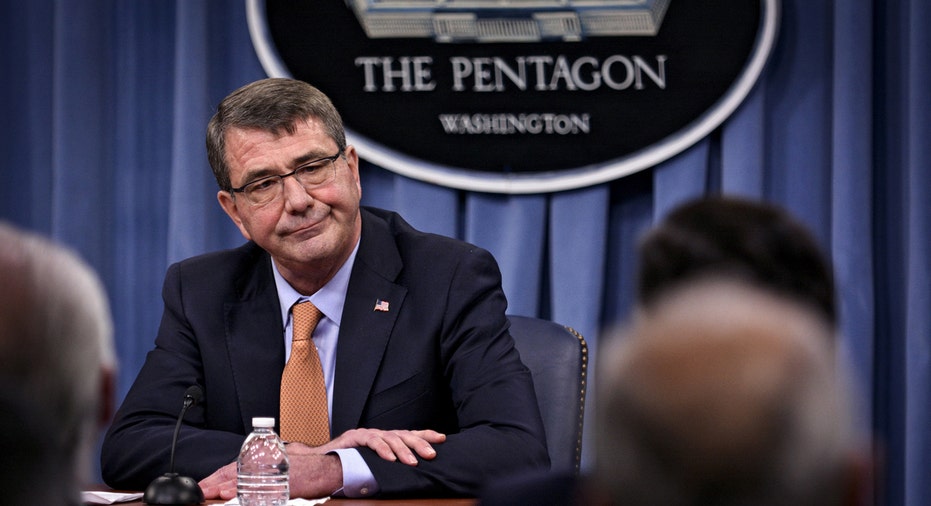Afghanistan’s $43 Million Gas Station

A government watchdog just released a new report blasting the Dept. of Defense for spending nearly $43 million on building a compressed natural gas filling station in Sheberghan, Afghanistan. That’s nearly two and a half times what it should have cost, says John Sopko, the Special Inspector General for Afghanistan Reconstruction (SIGAR), who blasted the “colossal” waste of taxpayer money in a new report.
On top of that, SIGAR found it “troubling” that the Dept. of Defense (DOD) could not provide an explanation on how the costs got so out of control. SIGAR says its analysis of the compressed natural gas (CNG) automobile filling station “was hindered by DOD’s lack of cooperation.” The watchdog said: “This level of expenditure appears gratuitous and extreme.” A company noted as Central Asian Engineering won a contract for just shy of $3 million to do this project in 2011.
Congress had set aside more than $820 million to be spent on economic development in Afghanistan between 2010 and 2014. The Department of Defense's Task Force for Stability and Business Operations oversees the spending on those projects. SIGAR has been monitoring its expenditures.
The U.S. Geological Survey found in 2006 that northern Afghanistan has abundant natural gas reserves. The Task Force appropriated money to build the compressed natural gas facility to assist Afghanistan in cutting its dependence on expensive imported gas.
U.S. Sen. Claire McCaskill (D-Missouri) blasted the findings "outrageous" and said she has written a letter to Secretary of Defense Ashton Carter demanding a full accounting of the waste from the Pentagon.
The U.S. has spent $110 billion on Afghanistan relief and reconstruction since 2002, according to Sopko, the Special Inspector General for Afghanistan Reconstruction (SIGAR).
Adjusting for inflation, that’s more than “the value of the entire Marshall Plan effort to rebuild Western Europe after World War II,” the former prosecutor has said. Nearly $15 billion more in reconstruction funds for the country now sits waiting in the pipeline.
The report on the gas station also notes:
- The Department of Defense's Task Force for Stability and Business Operations “built the CNG station at an exorbitant cost to U.S. taxpayers. In comparison, a CNG station in Pakistan costs no more than $500,000 to construct.”
- “DOD claims that it is unable to provide an explanation for the high cost of the project or answer any questions about the project.” SIGAR added that, “when it comes to” the task force's “activities, DOD appears determined to restrict or hinder SIGAR access.”
On top of that, the Special Inspector General says he “finds it both shocking and incredible that DOD asserts that it no longer has any knowledge about” the task force, “an $800 million program that reported directly to the Office of the Secretary of Defense.”
The inspector general also says “no evidence exists” that the task force “conducted a feasibility study before spending $43 million” on the station.
“If it had,” SIGAR says, “They might have noted that Afghanistan lacks the natural gas transmission and local distribution infrastructure necessary to support a viable market for CNG [compressed natural gas] vehicles. Additionally, it appears that the cost of converting a car to run on natural gas may be prohibitive for the average Afghan--$700 per car in Afghanistan, where the average annual income is $690.
Sopko has repeatedly warned that “large amounts of taxpayer dollars have been lost to waste, fraud, and abuse” in Afghanistan. Reason: No comprehensive anti-corruption strategy, which Sopko has repeatedly raised red flags about in numerous reports detailing the taxpayer waste, fraud and abuse in Afghanistan.
Click here to read the report.



















